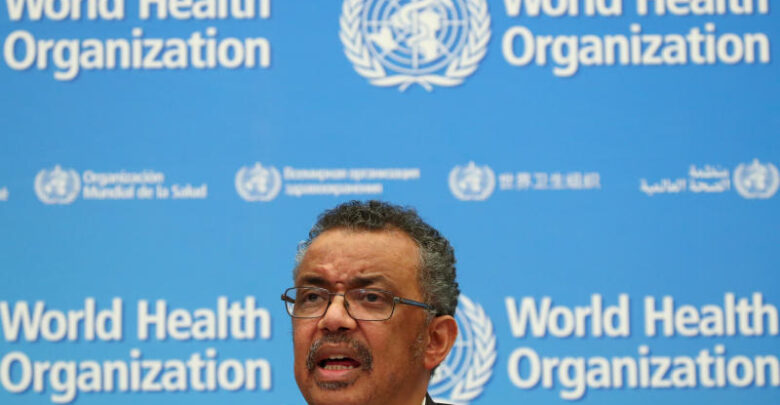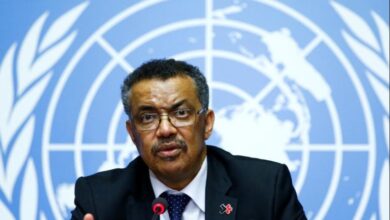
The World Health Organization (WHO) has made an appeal to rich countries to cease the rollout of COVID-19 booster vaccines till September to help poorer nations get doses, reported The BBC.
In a press briefing, the WHO’s Director-General Tedros Adhanom Ghebreyesus said that the move will ensure vaccination for at least 10% of the population in every country, at least 40 percent by the end of this year, and 70% by the middle of next year.
Notably, Israel, Germany, the United Arab Emirates, the United States, and several other countries have already announced plans to administer the third dose for their people. But the WHO director has warned that poorer nations are falling behind in terms of vaccination. As per reports, rich countries administered around 50 doses for every 100 people in May, and that number had since doubled. But, low-income countries have only been able to give 1.5 doses for every 100 people due to a supply crunch.
Dr. Tedros said that in the current situation, the majority of vaccines should go to lower-income countries.
“I understand the concern of all governments to protect their people from the Delta variant. But we cannot accept countries that have already used most of the global supply of vaccines using even more of it,” he added.
The call comes as WHO attempts to narrow the gap between high-income and low-income nations.
Dr. Tedros said several countries are concerned about the rise in Delta variant cases and want to protect their citizens with additional booster shots, but the problem is that the world’s most vulnerable people are still unprotected.
He made an appeal to the G20 nations to support WHO’s global vaccination targets.
According to the UN body, the highly transmissible COVID-19 Delta variant has now spread to 135 countries. The cumulative number of coronavirus cases reported globally is expected to exceed 200 million by next week.






